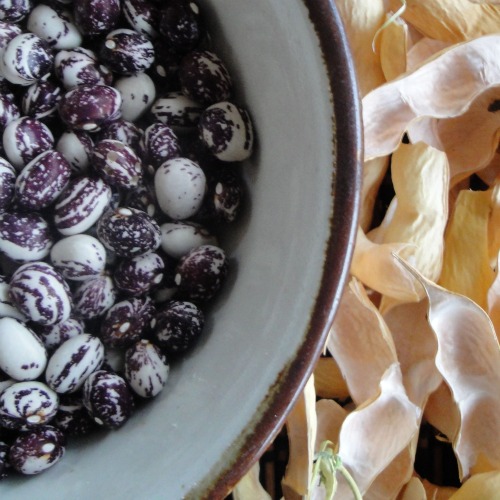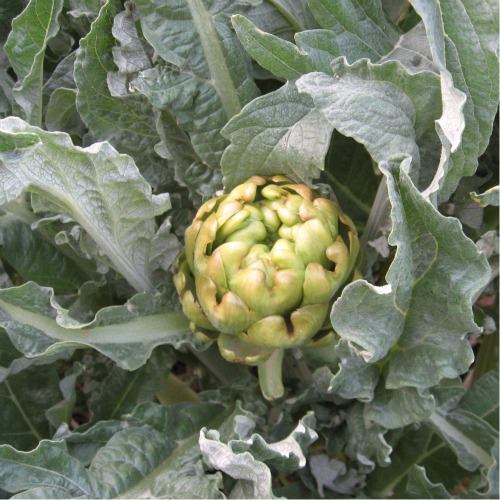This post was originally published on Eat Drink Better.
Want to Save an Heirloom? Grow it!
I’m getting ready to sow my Three Heart Lettuce seeds and be part of a volunteer team that is evaluating a special heirloom variety of lettuce that is in danger of extinction. Just like rare wild plants and animals, food crops can disappear forever. It happens when people are no longer growing them, and it’s happening more often now that we rely on industrial agriculture for the produce we eat. The project is the Member-Grower Evaluation Network (M-GEN), run by Seed Savers Exchange (SSE).
The program was initiated last year to involve Seed Savers Exchange members in evaluating the numerous heritage varieties of edible plants maintained at their headquarters, Heritage Farm, in Decorah Iowa.
Seeds that are donated to the organization often don’t come with growing instructions or information about where the seeds grow best for good performance. SSE’s extensive network of member are located in growing regions all across North America, so it makes sense to harness this valuable resource. In this way, they are gathering data on the regional suitability of many varieties in their collection that lack this information. These details will make the seeds usable to gardeners and farmers, therefore it's more likely they will be maintained in cultivation.
Preserving Crop Diversity is Up to All of Us
Why is this important? People are beginning to realize that diversity in food crops means food security, especially in a time of climate change and shrinking crop diversity in agriculture. The less varieties of any one type of food plant we have, whether it be corn or lettuce, the less flexibility and options we’ll have when one of them falls victim to diseases, pests, or a changing climate. Saving seeds and cultivating as many heritage food plants as possible provides a measure of “agrobiodiversity” to tap into when needed.
Crowd Sourcing Uses the Expertise of Both Experts and Amateurs
This crowd sourcing strategy has been used successfully by the Audubon Society in their annual Christmas Bird Count, which leverages the expertise and energy of thousands of volunteers every year.
These expert and amateur bird enthusiasts have been gathering valuable data on bird populations, for over 100 years. It would be difficult indeed for a non-profit organization to fund such an enormous effort.
The information collected in the M-GEN project will benefit all SSE members and the public in general, by providing data on the performance of particular varieties for particular regions (anyone can order seeds from SSE's catalog). This is very helpful for gardeners choosing which vegetables to plant, and gives them an idea of what to expect in terms of performance for their region.
Order Your Seeds Today!
Seed Savers Exchange was founded in 1975, and is made up of home gardeners and farmers that grow, harvest, and exchange seeds for thousands of varieties of edible plants, including herbs and flowers. An updated yearbook is published at the beginning every year with information about seeds that are available directly from members for a small fee (you must be a member to order from the yearbook).
In addition, SSE maintains a catalog of seeds and you can order directly from them.
You don't have to be a member to order seeds from SSE's catalog.









